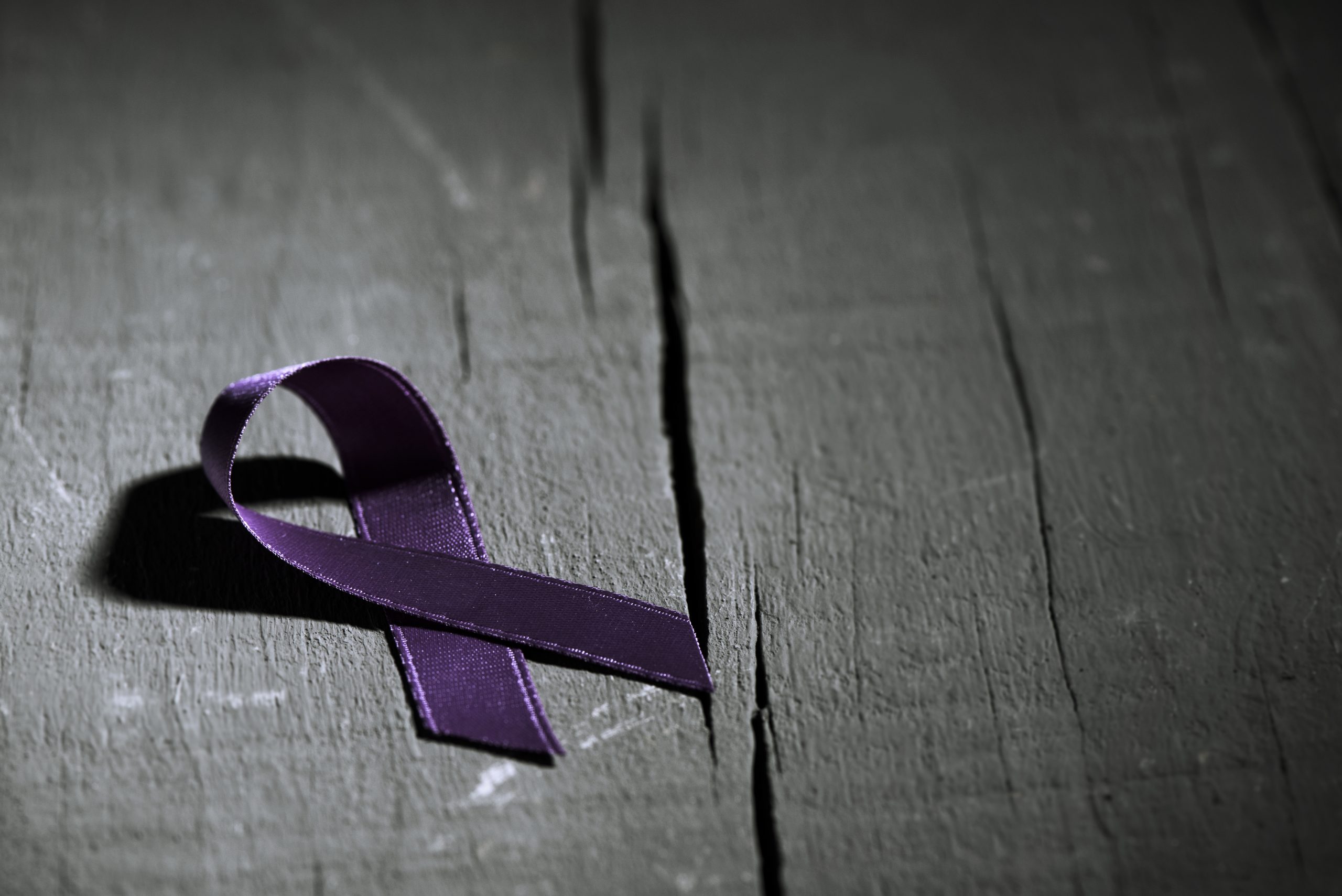29 Domestic Violence Protocol
Domestic Violence Protocol
If domestic violence is determined by police officers, they contact the Domestic Violence Investigative Unit (DVIU), or the equivalent in a region. DVIU is made up of a specially trained group of investigators with experience in dealing with domestic violence matters. The DVIU officers will assess the risk for the individual and establish a safety plan in case of further complications. The officers will further involve any organizations that will be able to assist the individual.

Some of these services include:
- Social Worker – to assist an individual with supportive counselling, psychotherapy, safety planning, shelter, and referrals for other services;
- Children’s Aid Society (CAS) – if children are impacted by the situation, the CAS will be notified and will assist in the matter. This can include extraction, relocation, counselling, or medical assistance;
- Sexual Assault Services – sexual assault services, such as Chantel’s Place, provide victims with assessment, counselling, and treatment; and
- Victim/Witness Assistance Program (VWAP) – VWAP provides information, assistance, and support to the victim or the witness of a violent crime in the understanding of court processes. This can include crisis intervention, case specific strategy, and court preparation.
For more information on the 9-1-1 protocol or services, visit the appropriate website or contact the non-emergency call centre for the desired region.
Media Attributions
- Purple domestic violence ribbon © nito100 is licensed under a All Rights Reserved license
For over 100 years, the Ontario Association of Children’s Aid Societies (OACAS) has been serving and promoting the welfare and well-being of children, youth and families in Ontario. Their vision is to re-imagine child welfare: to create an effective children’s services system that supports ALL children, youth, families, and communities to thrive. There are 50 Children’s Aid Societies (CASs) and Indigenous Child and Family Well-Being Agencies in Ontario. OACAS is an association representing 49 member organizations. Of these, 47 of 49 are mandated CASs and Indigenous Child and Family Well-Being Agencies; two are pre-mandated Indigenous agencies. More information about the services provided by the OACAS can be found at http://www.oacas.org/

